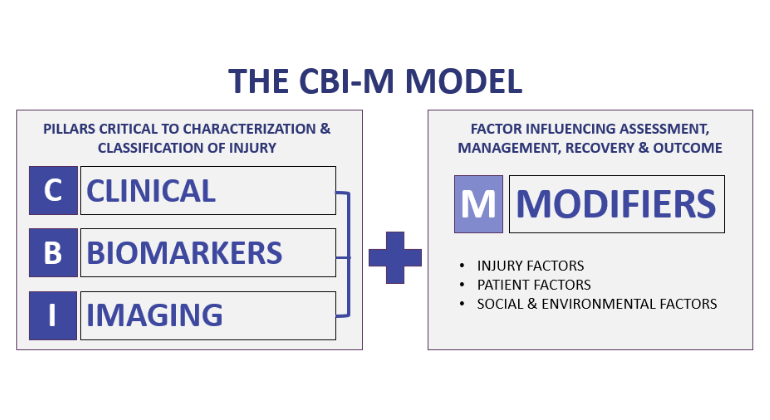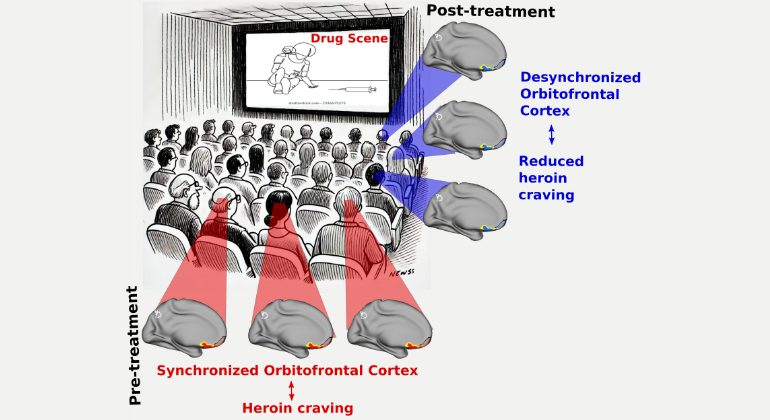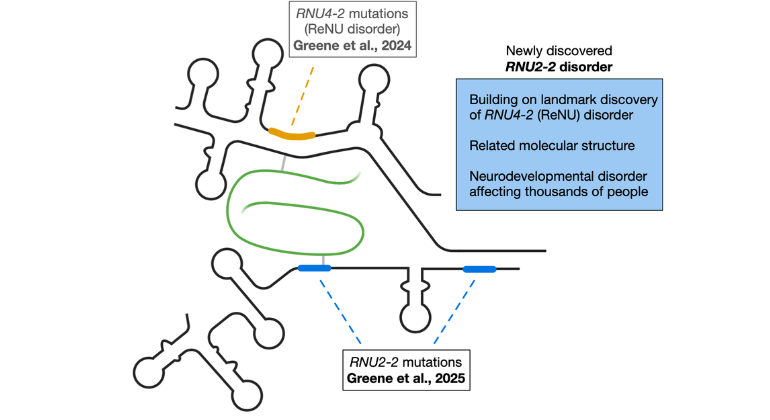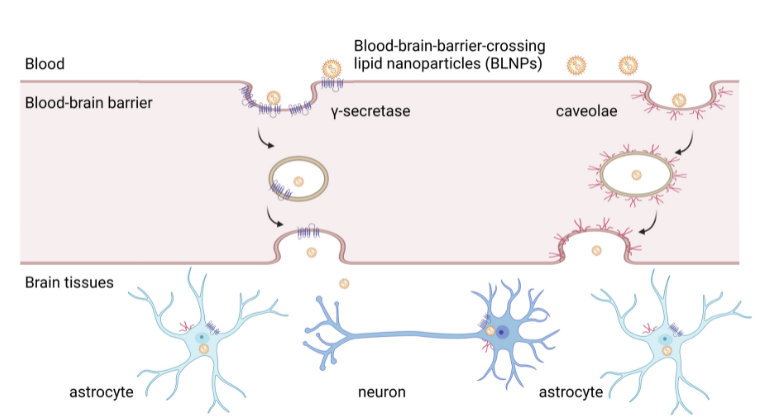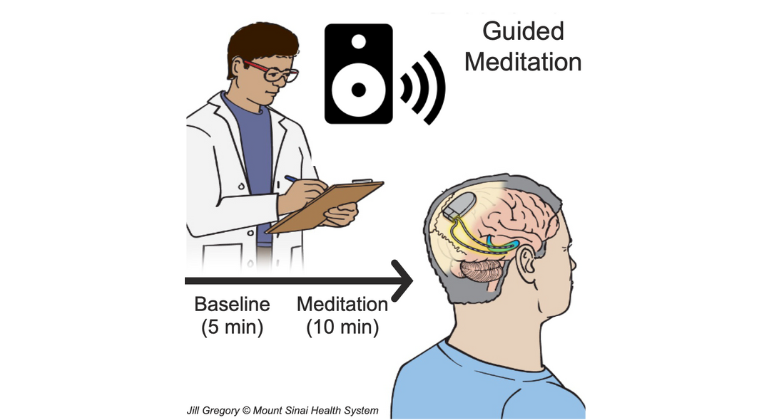Mount Sinai Researchers Make Groundbreaking Discovery on Origin of Brain’s Immune Cells
New study could lead to new treatments for degenerative brain diseases, such as Alzheimer’s, and autoimmune disorders, such as multiple sclerosis.
Mount Sinai researchers have discovered that microglia, the immune cells that reside in the brain, have a unique origin and are formed shortly after conception. It was previously thought that microglia originated at the same time as macrophages, which are other immune cells that are thought to develop at birth. This groundbreaking discovery has the potential to lead to future treatments of degenerative brain diseases such as Alzheimer’s and autoimmune diseases such as multiple sclerosis. The study is published online October 21 in Science Express.
Microglia are thought to play an important role in the development of many brain diseases, and that defective microglia could lead to the release of inflammatory molecules, which could participate in the development of degenerative brain diseases.
"This really is a startling discovery," said Miriam Merad, MD, PhD, Associate Professor of Gene and Cell Medicine at Mount Sinai School of Medicine and Principal Investigator of the study. "We’ve shown that the precursor cells develop into microglia only during a short period after conception. Now that we know that microglia originate in early embryos, theoretically we should be able to generate microglia from embryonic stem cells to treat brain diseases caused by defective microglia. This is a very good example of why scientists need to be able to conduct research with embryonic stem cells."
For the first part of the study, researchers transplanted blood cell precursors, which are precursors for all macrophages, from one newborn mouse to another. The transplanted cells could not be differentiated in the recipient animal. These results suggest that microglia originated prior to birth during embryonic life.
Next, researchers used a mouse model that expresses fluorescent biosensors in blood precursors to determine when, during embryonic age, precursors develop into microglia. Once activated the fluorescence does not go away and all cells that develop from the fluorescent precursors should remain fluorescent. The researchers activated the fluorescence as early as seven days after conception. When they examined adult mice they found fluorescent microglia but no fluorescent macrophages. These results established that microglia are unique in that they originate from precursors that arise around seven days after conception.
"Moving forward we need to further study the normal development of precursor blood cells into microglia, which should help identify the role of microglia in various brain diseases and ultimately lead to advances in treatments," said Dr. Merad.
About The Mount Sinai Medical Center
The Mount Sinai Medical Center encompasses both The Mount Sinai Hospital and Mount Sinai School of Medicine. Established in 1968, Mount Sinai School of Medicine is one of few medical schools embedded in a hospital in the United States. It has more than 3,400 faculty in 32 departments and 15 institutes, and ranks among the top 20 medical schools both in National Institute of Health funding and by U.S. News & World Report. The school received the 2009 Spencer Foreman Award for Outstanding Community Service from the Association of American Medical Colleges.
The Mount Sinai Hospital, founded in 1852, is a 1,171-bed tertiary- and quaternary-care teaching facility and one of the nation's oldest, largest and most-respected voluntary hospitals. U.S. News & World Report consistently ranks The Mount Sinai Hospital among the nation's best hospitals based on reputation, patient safety, and other patient-care factors. Nearly 60,000 people were treated at Mount Sinai as inpatients last year, and approximately 530,000 outpatient visits took place.
For more information, visit www.mountsinai.org. Follow us on Twitter @mountsinainyc.
About the Mount Sinai Health System
Mount Sinai Health System is one of the largest academic medical systems in the New York metro area, with 48,000 employees working across seven hospitals, more than 400 outpatient practices, more than 600 research and clinical labs, a school of nursing, and a leading school of medicine and graduate education. Mount Sinai advances health for all people, everywhere, by taking on the most complex health care challenges of our time—discovering and applying new scientific learning and knowledge; developing safer, more effective treatments; educating the next generation of medical leaders and innovators; and supporting local communities by delivering high-quality care to all who need it.
Through the integration of its hospitals, labs, and schools, Mount Sinai offers comprehensive health care solutions from birth through geriatrics, leveraging innovative approaches such as artificial intelligence and informatics while keeping patients’ medical and emotional needs at the center of all treatment. The Health System includes approximately 9,000 primary and specialty care physicians and 11 free-standing joint-venture centers throughout the five boroughs of New York City, Westchester, Long Island, and Florida. Hospitals within the System are consistently ranked by Newsweek’s® “The World’s Best Smart Hospitals, Best in State Hospitals, World Best Hospitals and Best Specialty Hospitals” and by U.S. News & World Report's® “Best Hospitals” and “Best Children’s Hospitals.” The Mount Sinai Hospital is on the U.S. News & World Report® “Best Hospitals” Honor Roll for 2024-2025.
For more information, visit https://www.mountsinai.org or find Mount Sinai on Facebook, Instagram, LinkedIn, X, and YouTube.
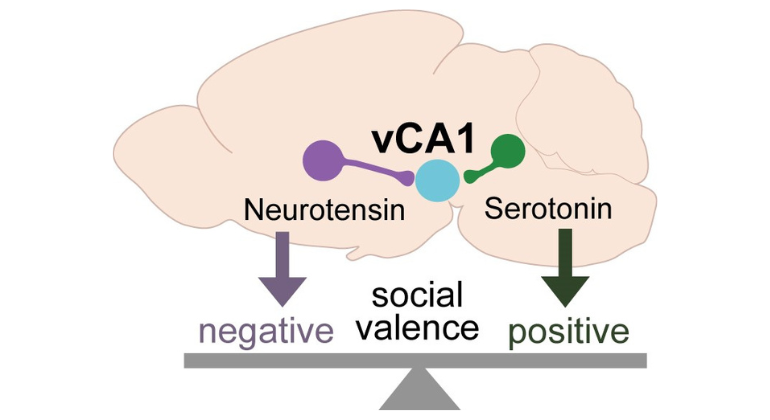
Mechanism by Which the Brain Weighs Positive vs. Negative Social Experience Is Revealed
Apr 30, 2025 View All Press Releases